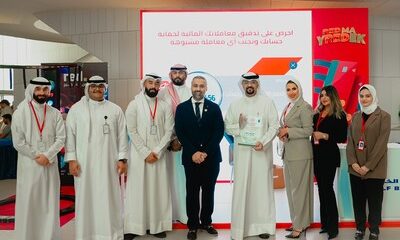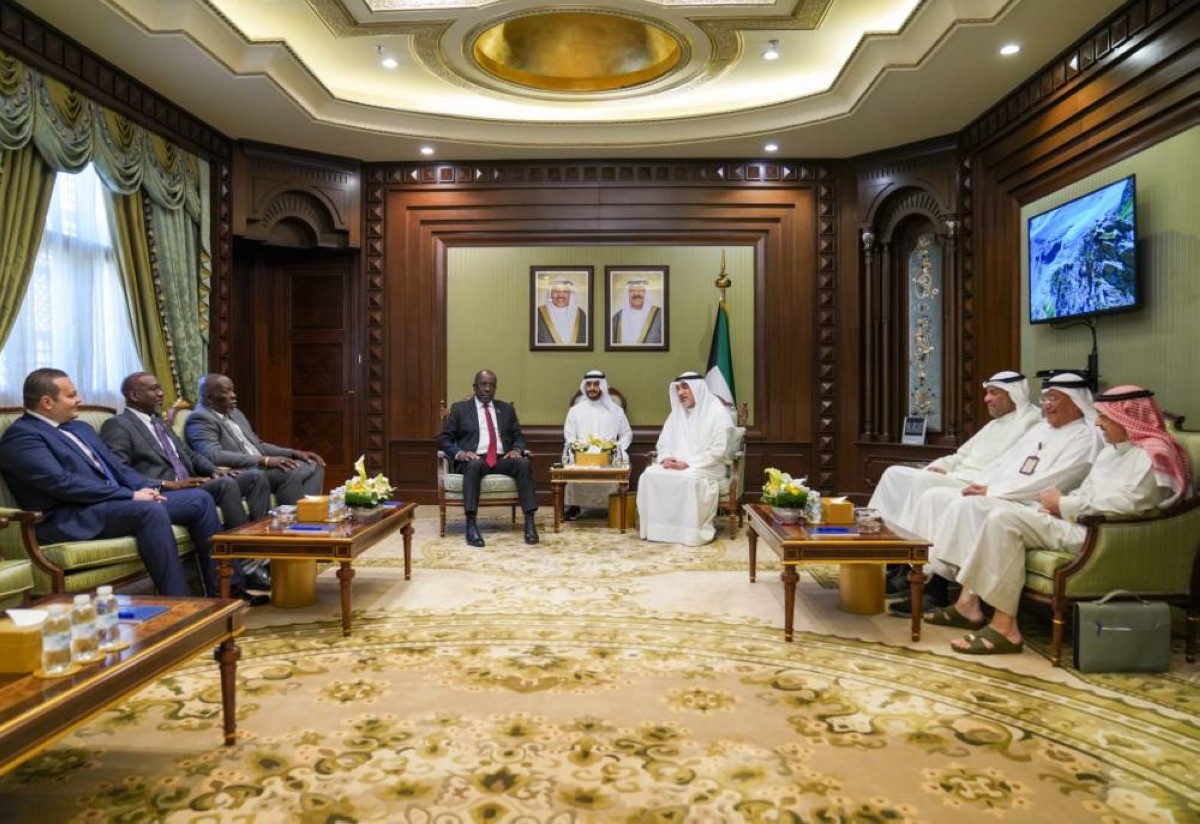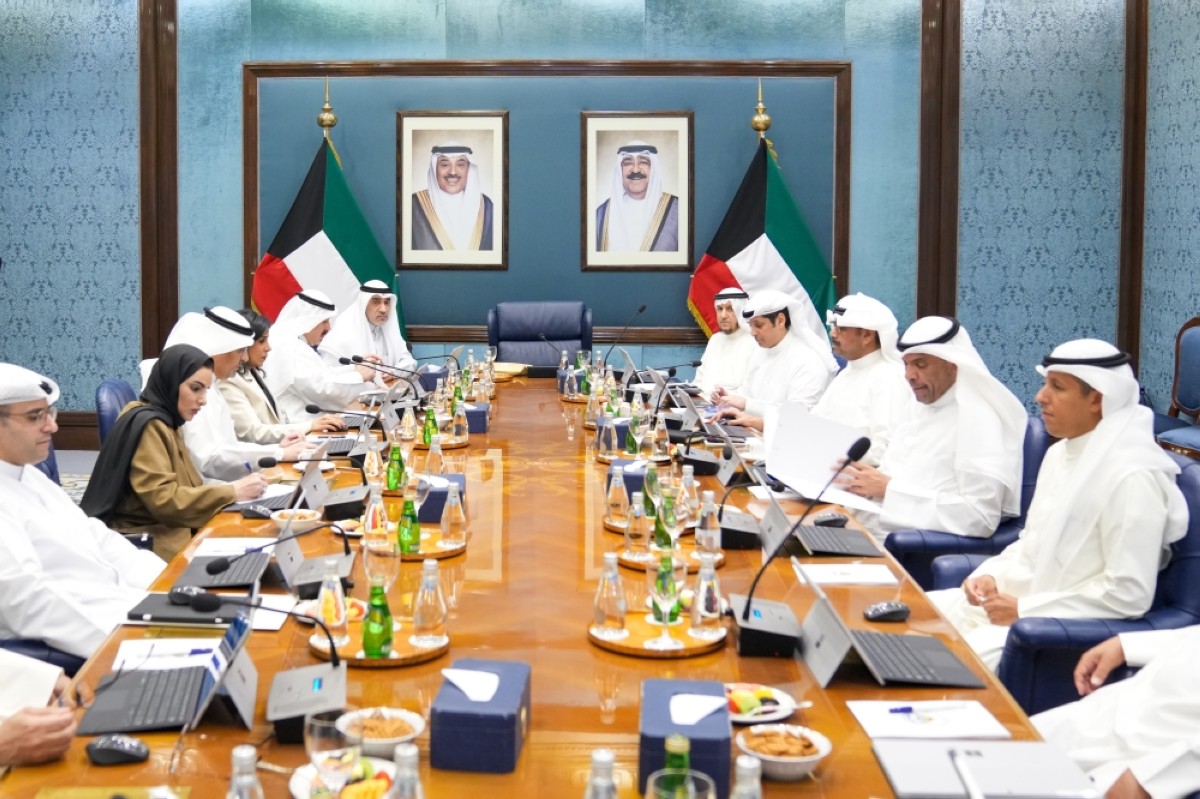KUWAIT: Minister of Health Dr Ahmad Al-Awadhi has issued Decision No. 15 of 2025, officially approving a new set of school canteen regulations developed by the Public Authority for Food and Nutrition. The move follows the endorsement of the Authority’s Board of Directors and the Fatwa and Legislation Department, and the decision will come into effect upon its publication in the official gazette.
The new decision comes nearly a year after the Public Authority for Food and Nutrition updated its regulations governing food allowed at school canteens. The regulations, issued under Ministerial Decision No 5 of 2021, allow only specific healthy foods while banning items such as processed meats, mayonnaise, caffeinated drinks, and high-salt or artificially colored products.
In a statement released Thursday, the Ministry of Health emphasized that the updated regulations are part of Kuwait’s broader national strategy to protect students from unhealthy dietary habits and to improve the quality of food provided in educational institutions. The aim is to create a supportive, health-conscious learning environment where student well-being is a top priority.
The new framework applies to both public and private schools and outlines comprehensive standards covering facility requirements, staff qualifications, food quality, inspection protocols, licensing systems and accountability mechanisms. These provisions are designed to ensure the availability of nutritious and safe meals across all school settings.
School canteens are now classified into three categories based on service type: Canteens selling only pre-packaged food items; canteens offering ready-made meals; and canteens with on-site kitchens for preparing hot meals. School canteen contractors must now meet stricter licensing criteria, including a minimum of two years of experience in food handling, possession of a valid health permit, and full compliance with safety and occupational health standards.
Canteens are also required to adhere to Gulf Cooperation Council (GCC) technical regulations, particularly those banning trans fats. The guidelines mandate that daily meals include essential food groups and remain within set calorie limits for each school level. High-fat, high-sugar, and high-sodium foods, especially in breakfast and lunch offerings at private schools, are explicitly prohibited.
The new rules standardize food services across all schools in Kuwait, aiming to promote health equity and improve regulatory oversight. Violators face financial penalties ranging from KD 500 to KD 3,000, with the possibility of suspension for repeat or unresolved breaches — highlighting the seriousness of implementation.
The ministry noted that the regulations were developed through close coordination between the Public Authority for Food and Nutrition and the Ministries of Health and Education. This collaboration underscores the importance of institutional partnership in supporting student health and cultivating a safe, nourishing educational environment. — Agencies


 Latest News13 hours ago
Latest News13 hours ago
 Latest News12 hours ago
Latest News12 hours ago
 Business20 hours ago
Business20 hours ago
 Business19 hours ago
Business19 hours ago
 Latest News19 hours ago
Latest News19 hours ago
 Politics23 hours ago
Politics23 hours ago
 Latest News22 hours ago
Latest News22 hours ago
 Latest News15 hours ago
Latest News15 hours ago

















